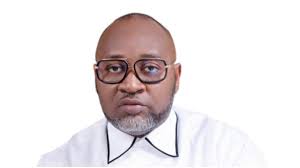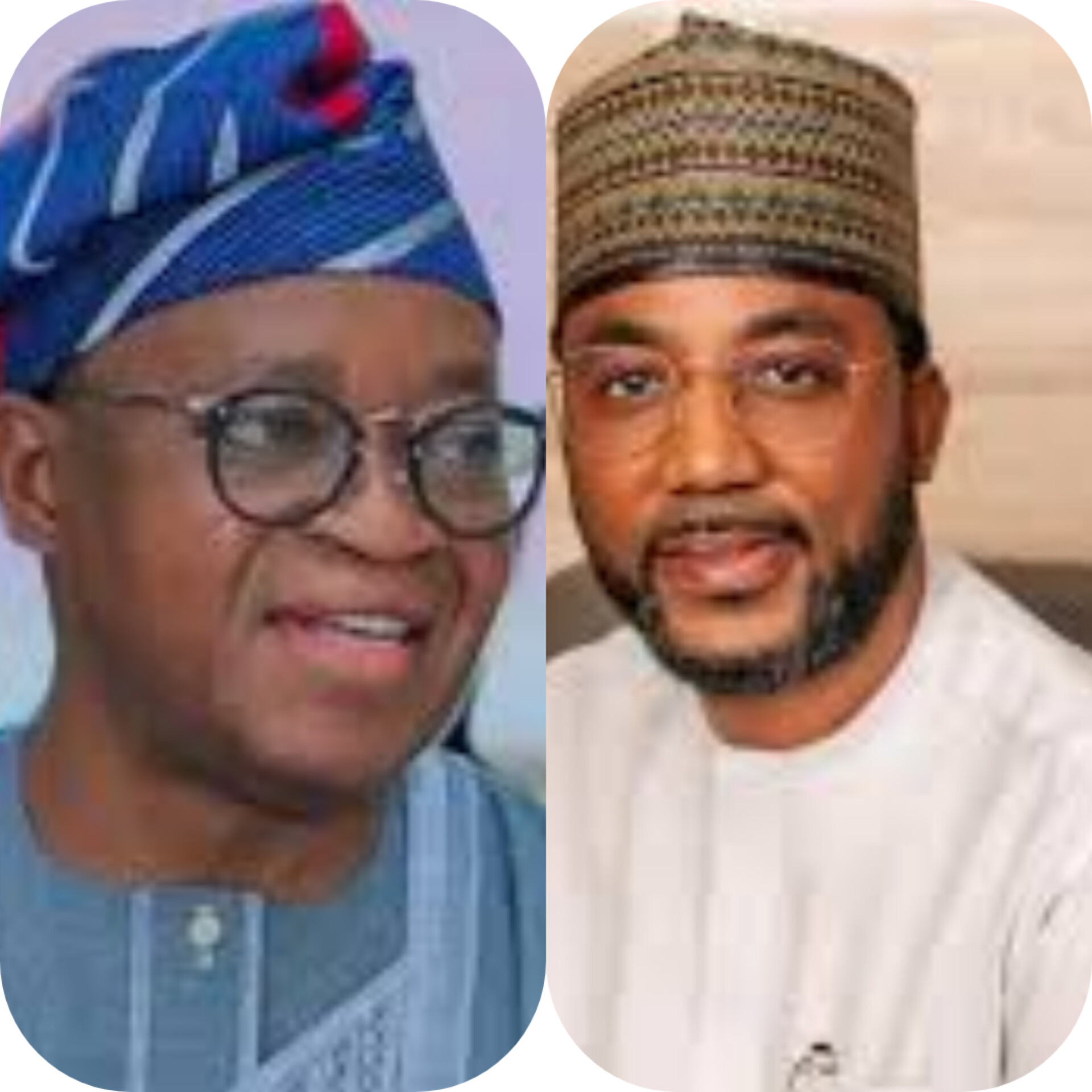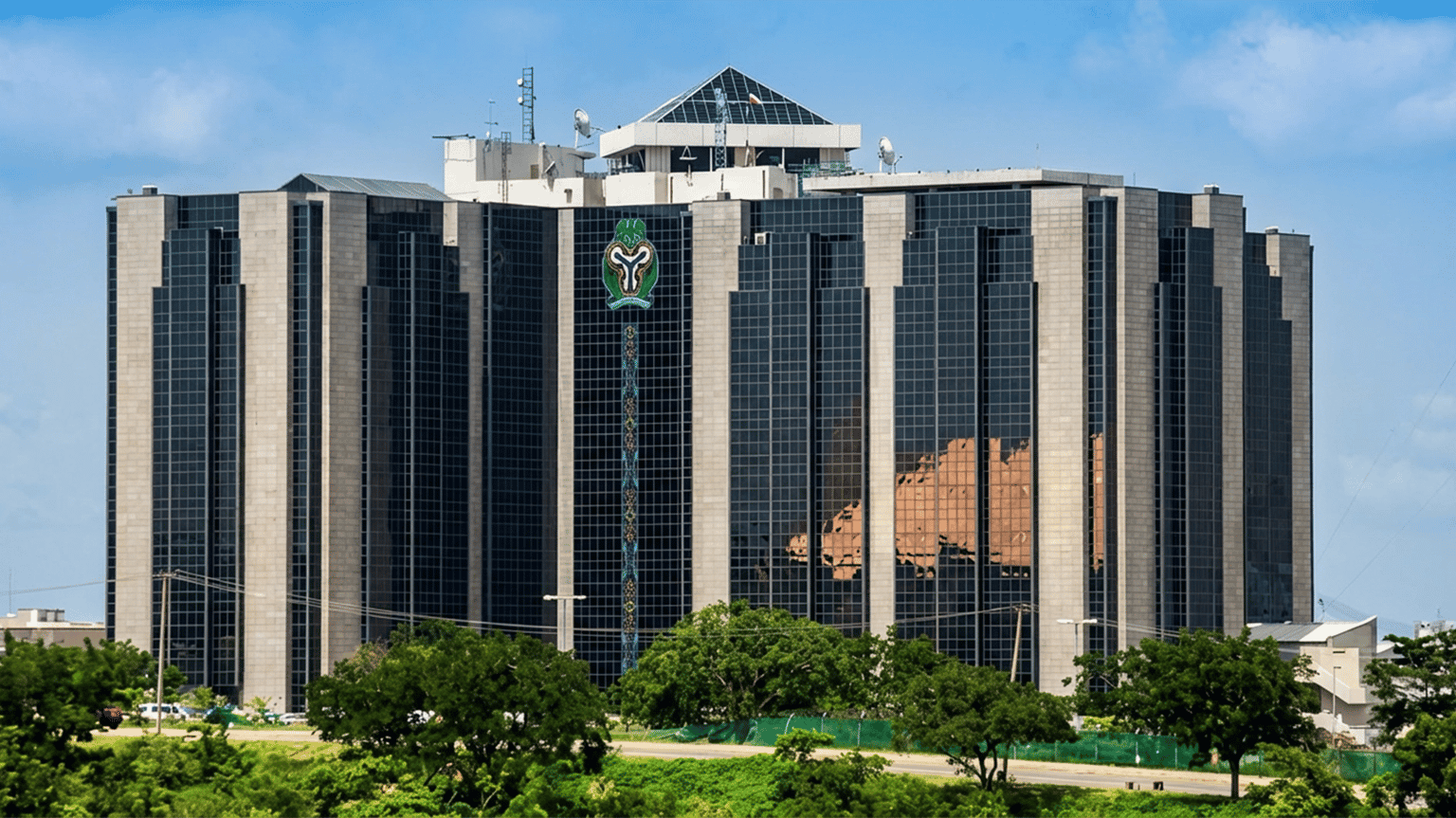Presidential aspirant on the platform of the African Democratic Congress (ADC), Mr. Dumebi Kachikwu, on Tuesday, strongly condemned 15 per cent levy imposed on imported used cars recently introduced by the Nigeria Customs Service (NCS).
The NCS last Saturday commenced the collection of 15 per cent National Automotive Council levy on imported used vehicles in addition to other import duty already being paid by clearing agents at the ports.
Kachikwu who is the Chairman of Roots Television Nigeria, in a statement in Abuja, said the new policy is meant to further wipe out and impoverish the middle class who are already experiencing the pangs of a very harsh economy.

He called for an urgent reversal of the anti-people policy already being implemented by an uncaring administration whose sole interest is how to punish the masses.
He lamented that the move will take the prices of imported used cars popularly called Tokunbo, out of the reach of average Nigerians while political office holders continue to buy vehicles and fuel them with taxpayers’ money.
Kachikwu said: “The newly introduced 15 per cent National Automative Council levy by the Nigeria Customs Service is a crazy policy meant to further punish the masses by a clueless Government.
“Tax, tax, tax. That’s all they know. Who does this benefit? They are wiping out the middle class.
“They use taxpayers’ money to buy their own official cars that they go away with at the end of their tenure, so they don’t know that the average Nigerian can no longer afford to buy a car.
“This coupled with the current exchange rate has made cars unaffordable for Nigerians.”



